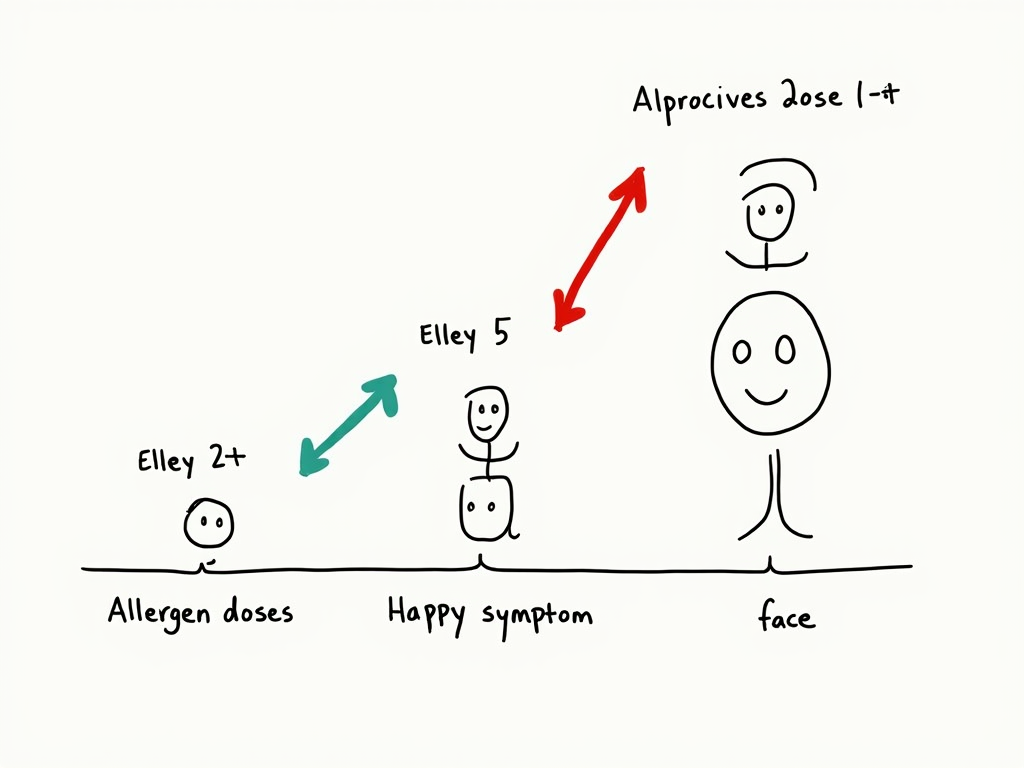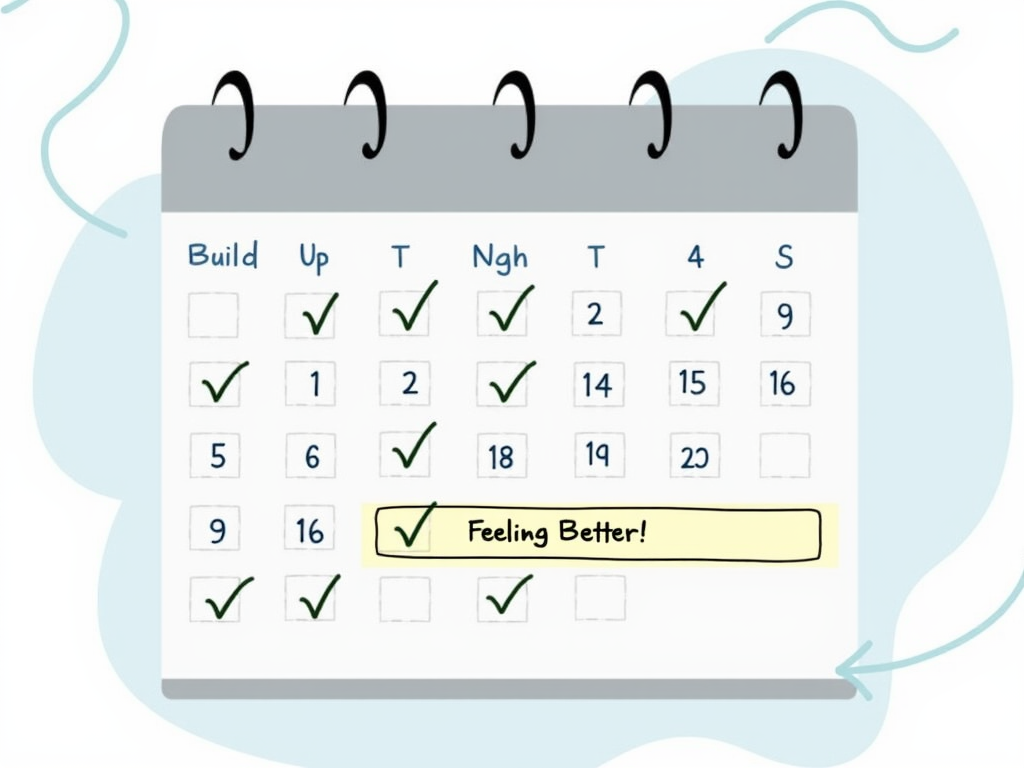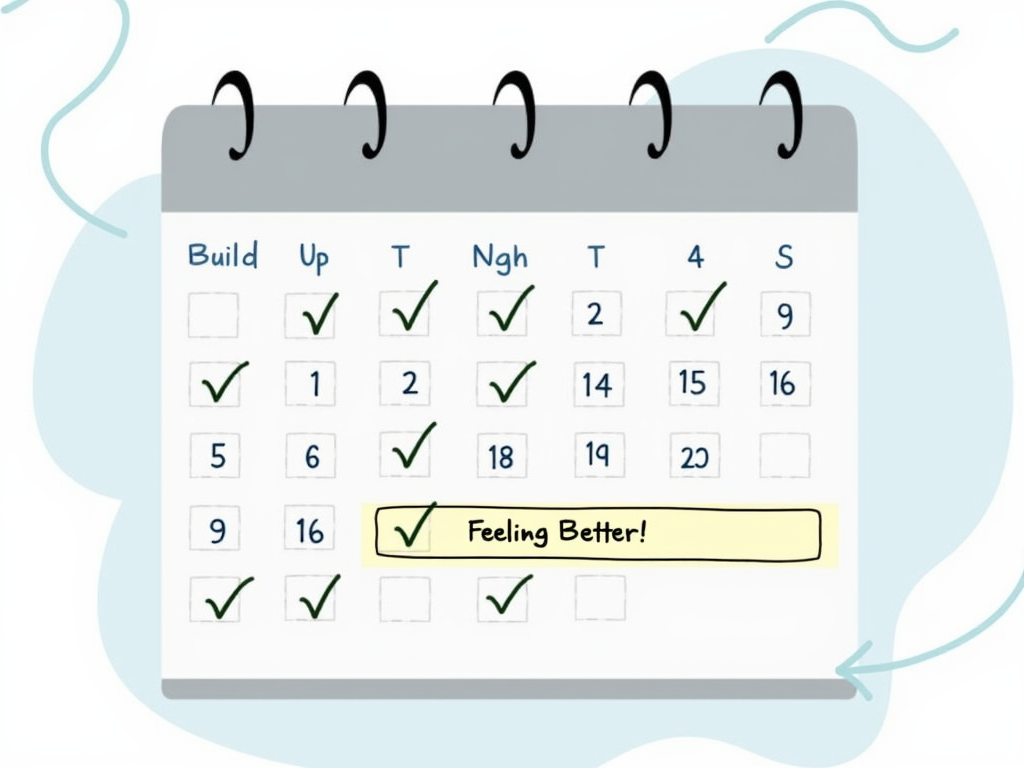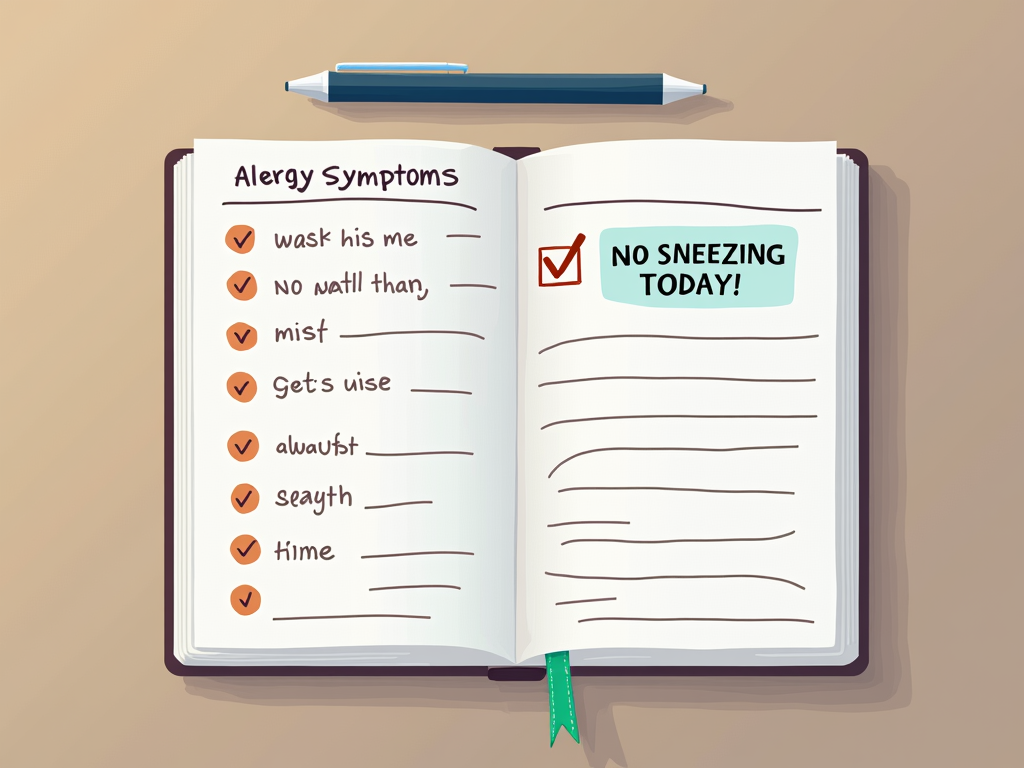Immunotherapy offers a promising solution for allergy sufferers, providing long-term relief by desensitizing the immune system to allergens. This article explores its benefits, how it works, and what patients can expect.
What is Immunotherapy?
Immunotherapy, often called allergy shots or desensitization, is a treatment that trains your immune system to handle allergens better. Doctors use it for tough allergies—like seasonal pollen, pet dander, or even food issues—that don’t improve with medicines like antihistamines. You can get it through shots, tablets, or drops under the tongue. It’s a game-changer for people tired of constant sneezing or itching.

How Does Immunotherapy Work?
Allergen immunotherapy works by introducing tiny amounts of an allergen to your body over time. Think of it like a slow introduction to a new friend—your immune system learns not to overreact. This process might take months or even years, but the payoff is lasting relief. It’s especially effective for allergen immunotherapy for seasonal allergies, calming those springtime sniffles.

Benefits of Immunotherapy for Allergies
Why choose immunotherapy? It cuts down allergy symptoms, so you’re not reaching for tissues every five minutes. It reduces your need for pills or sprays, saving you money and hassle. Plus, it boosts your quality of life—imagine enjoying a picnic without wheezing! Studies show it might even stop new allergies or asthma from popping up. Understanding the benefits of immunotherapy for allergies means seeing it as a long-term win.

Who Can Benefit from Immunotherapy?
This treatment fits people whose allergies mess up their daily lives. Got seasonal allergies that ruin spring? It’s for you. Struggling with a chronic food allergy or even chronic FPIES (Food Protein-Induced Enterocolitis Syndrome)? Immunotherapy might help. It’s perfect for anyone who’s tried other options without luck. Kids and adults alike can see results, making it a versatile choice.

The Immunotherapy Treatment Process
Here’s how it goes:
- Build-Up Phase: You start with small allergen doses, increasing them slowly over weeks or months.
- Maintenance Phase: Once you hit the right dose, you stick with it to keep symptoms at bay.
The whole thing can take 3-5 years, but many notice improvement sooner. Your doctor tailors it to you, so it’s not one-size-fits-all. Patience pays off with this one.

Personal Experiences with Immunotherapy
Real stories bring this to life. Take Sarah, a 35-year-old mom. She used to hide indoors every spring because of pollen. After starting allergen immunotherapy for seasonal allergies, she’s back to hiking with her kids. 'I couldn’t believe I’d forgotten what fresh air felt like,' she says. Then there’s Mark, who tackled a chronic food allergy. He can now eat small amounts of peanuts without panic. These experiences show immunotherapy’s power.

Comparing Immunotherapy to Other Treatments
Let’s break it down:
| Treatment | Quick Relief | Long-Term Fix | Side Effects |
|---|---|---|---|
| Antihistamines | Yes | No | Drowsiness |
| Nasal Sprays | Yes | No | Nose Irritation |
| Immunotherapy | No | Yes | Minor Swelling |
Immunotherapy stands out for lasting results. It’s not a quick fix, but it tackles the root cause—not just the symptoms.

What to Expect During Treatment
Starting immunotherapy feels like a commitment. Shots happen weekly at first, then monthly. Some folks feel a little swelling at the injection site, but it’s usually mild. For chronic FPIES or food allergies, oral options might be used instead. You’ll need to stick with it, but the reward is worth it—fewer allergy attacks and more normal days.

Tips for Success with Immunotherapy
Want the best results? Try these:
- Stick to your schedule—missed doses slow progress.
- Track your symptoms to see improvement.
- Talk to your doctor about any worries.
It’s a team effort between you and your healthcare provider. Stay consistent, and you’ll feel the difference.

Conclusion
Immunotherapy offers hope for allergy sufferers, from seasonal woes to chronic food allergy challenges. It’s a proven way to ease symptoms, cut medicine use, and live better. Understanding the benefits of immunotherapy for allergies helps you decide if it’s right for you. Talk to your doctor and take that first step toward relief.
Discuss Here